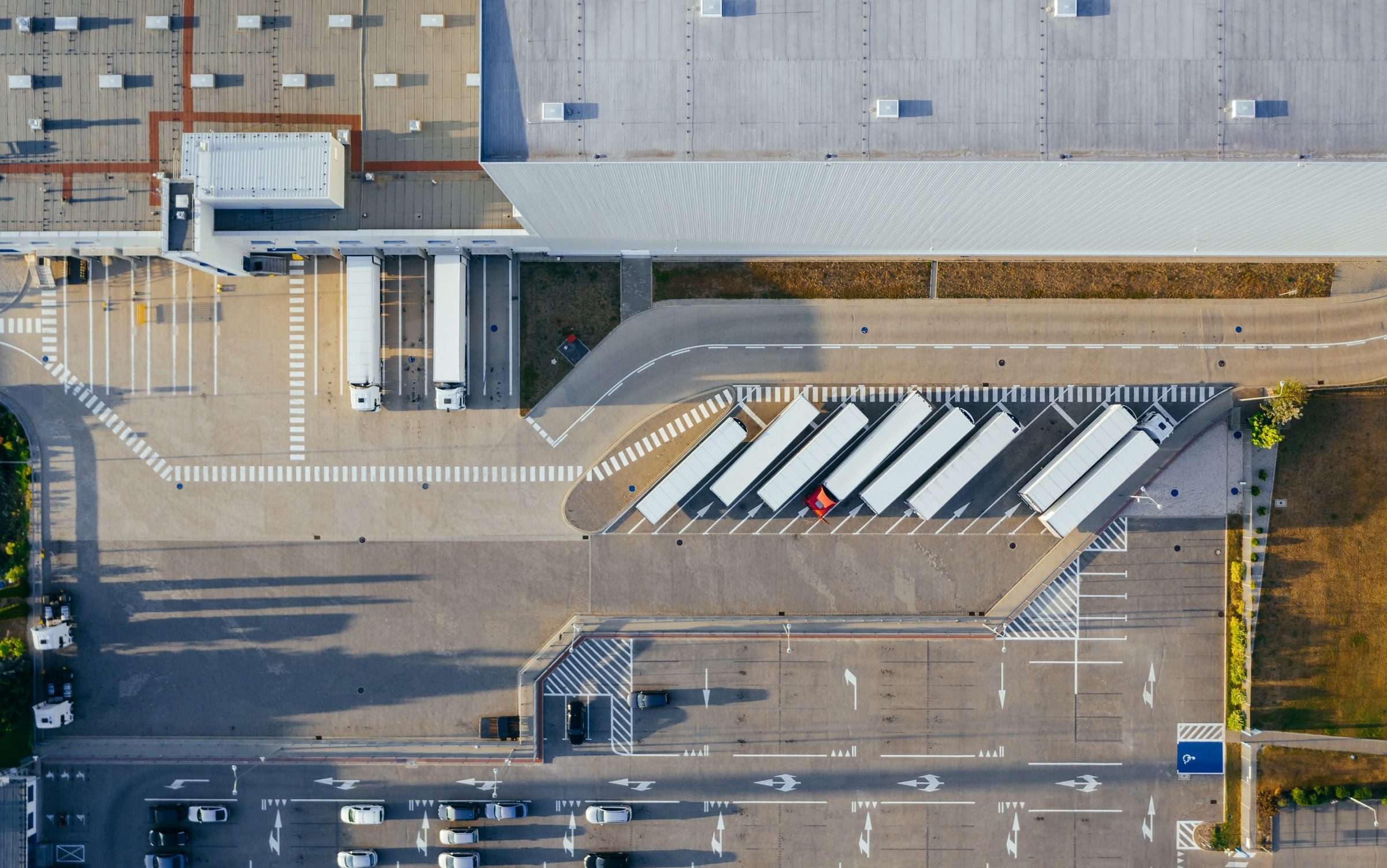
Industrial and logistics climb
We have seen an increased level of real estate deal activity in Australia as local real estate investors continue to find ways to transact with key markets in the midst of long lock-downs. Industrial and Logistic assets continue its sharp upwards trajectory as for the first time on record, the average prime industrial yield is lower than prime CBD office yields. Average prime industrial yield recorded for Q2 2021 is 4.54%, compared to an average yield of 5.13% for the latter[1]. The pandemic has also been a boon to eCommerce as retail online spending has increased by 23% in the last 12 months[2]. This in turn, has driven demand for storage, warehousing and logistics, hence the high demand for these assets. In comparison to major population centres such as New York, Paris and London, Australian average industrial yields are approximately 1% higher still, and given Australia’s investor-friendly market, it would not be surprising to see extended periods of foreign investment inflows into the sector[3].
Build-to-rent emerging
Australia’s build-to-rent sector is taking off, with a spate of transactions including:
- Greystar’s recently approved 625-unit development in South Yarra, Melbourne – Australia’s largest build to rent development;
- US firm Hines 4247-square-metre site at 10 Ballarat Street, where it plans to develop a 250-unit BTR apartment complex with an end value of $250 million;
- Canadian firm Oxford Properties’ Pitt Street, Sydney development and recent purchase (with Investa) of an asset near Footscray railway station in Melbourne; and
- Aware Super having established a pipeline of 1400 BTR units spearheaded by a Queens Road site near Melbourne’s Albert Park.
These transactions suggest major local and international investors are confident that the fundamentals support the BTR market in Australia. This confidence comes against the backdrop of average Australian house price increases of 20% in the last 12 months[4], well ahead of CPI and wage growth, coupled with a significant increase in demand for rental housing. Nationally, 6.7m Australians are renting as of 2018 (at last measure) in comparison to 3.5m back in 1998[5] and with a rising cohort of renters, there are opportunities to improve the overall rental experience. Australia is well behind already established BTR markets such as London, but with a big pipeline and BTR NSW land tax concessions passed in February 2021, Australia is not too far away.
China and the Macro picture
The wobbling of China’s second largest property developer, Evergrande, and its potential impact on the global financial economy is significant. Around[6] 29% of China’s GDP is linked to real estate and property services, and should Evergrande fail, the systemic repercussions may be considerable. Iron ore prices have already declined 50% from a peak of USD$220 in July 2021. Given Australia’s reliance on commodities exports (approximately 57% of total exports in 2020[7]) the success of the Chinese Government’s response to Evergrande will be critical to our economic growth. For scale and context, Australia transacted $251 billion with China in 2020[8], $170 billion more than our next trading partner, USA.
Trustees in this market
As an Australian resident trustee, Evolution Trustees supports a range of international real estate investors with MIT compliance services. We have significant transactional experience and provide tailored solutions for both international and local investors. Our priority is our fiduciary duty to act in the best interest of investors beneficiaries, to preserve and protect the wealth of people whose money we take care of.
[1] Source: Colliers Research Q2 2021
[2] Source: Australia Post eCommerce Update September 2021
[3] Source: JLL Research Q2 2021
[4] Source: CoreLogic
[5] Source: ABS, JLL
[6] Source: Voxeu Org, Rogoff and Yang
[7] Source: Trade and Investment at a Glance in 2021, DFAT
[8] Source: Trade and Investment at a Glance in 2021, DFAT
